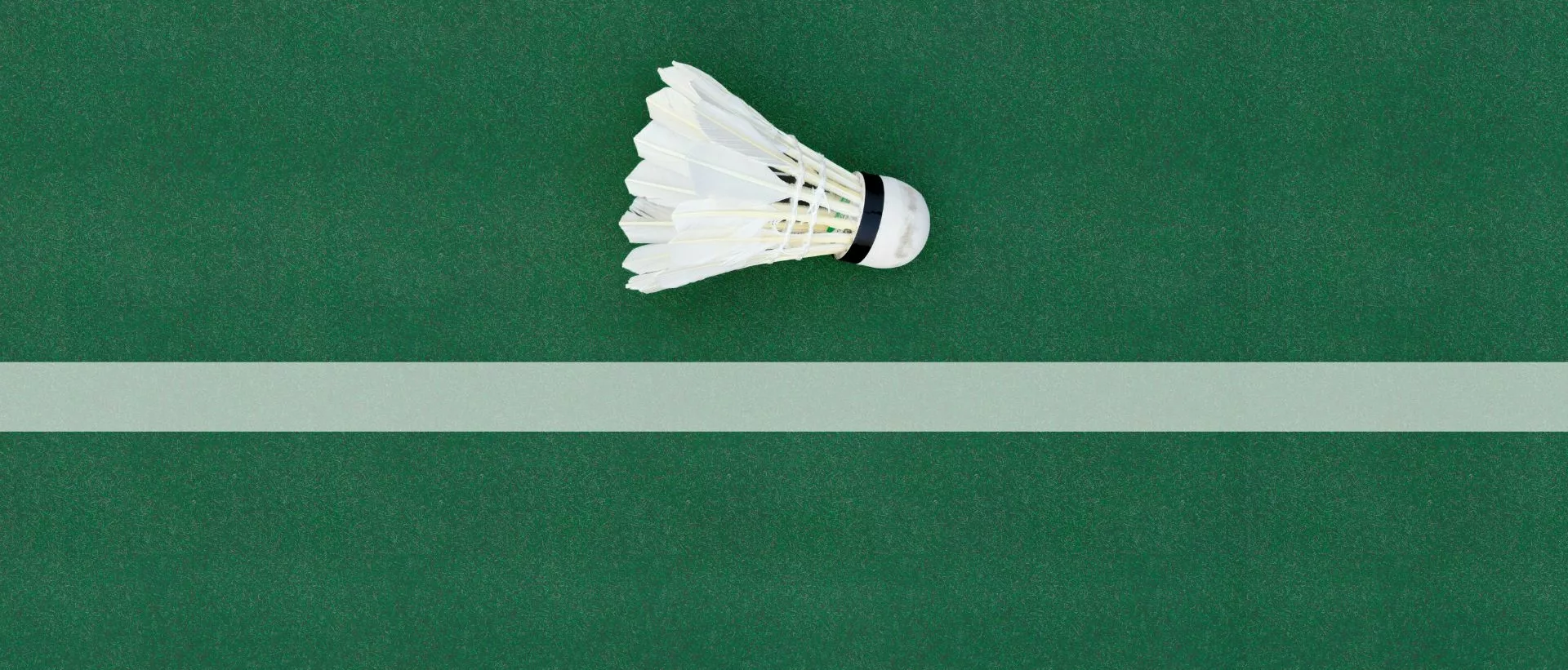
About us
The Olympic rings are recognized around the world, but what exactly is the Finnish Olympic Committee? What do we do here and for whom?
While elite sports and the Olympics may come to mind first for many, our field of activity is much broader. Together with our members, we support not only elite sports but also the vitality of Finnish sports club activities and build vitality in Finland through physical activity and sports.
Did you know this?
The Olympic Games and the Olympic movement are based on the Olympic ideal, or Olympism. The International Olympic Committee (IOC) has tasked national Olympic committees with developing and safeguarding the Olympic movement in their respective countries. This involves promoting awareness of the Olympic ideal, implementing its core values such as fair play, camaraderie, and tolerance in all aspects of life, and advancing the educational values of sports and physical activity.
The modern Olympic Movement was founded at the initiative of the Frenchman Pierre de Coubertin during an international sports congress in 1894. With over a hundred years of history, the aim of the Olympic Movement is to promote world peace and human equality through sports.
Sports is a human right. Everyone has the right to practice sport without discrimination and in the spirit of the Olympics, which requires mutual understanding based on the principles of friendship, solidarity, and fair play.
The activities of the Olympic Movement are global, organized, and permanent. It spans five continents and culminates in bringing all the world’s athletes together in a grand sporting celebration, the Olympic Games.
The International Olympic Committee (IOC) is the highest decision-making and coordinating body of the Olympic Games and the Olympic Movement.
The IOC was founded on June 23, 1894. Initially, the IOC invited 14 members representing different nations, and currently, it comprises over a hundred members from all over the world. The Finnish members of the IOC are Sari Essayah and Emma Terho.
The IOC headquarters is located in Lausanne, Switzerland, and the president is a Zimbabwean Kirsty Coventry.
There are over 200 National Olympic Committees across five continents. National Olympic Committees, NOCs, are not members of the IOC but rather important stakeholders and partners.
The role of National Olympic Committees is to develop, promote, and protect the Olympic Movement in their own countries. This involves promoting awareness of the Olympic ideals, implementing its values in all aspects of life, and advancing the educational values of sports and physical activity. National Olympic Committees also select and send teams and athletes to the Olympic Games.
International Sports Federations act as the international governing bodies for their respective sports and are responsible for ensuring consistency of the sport at the international level.
The IOC has delegated to the International Sports Federations the task of governing and overseeing the international rules of their respective sports. In the Olympics, the rules and regulations must be the same for all athletes regardless of their country of origin.
International Sports Federations also establish sport-specific selection criteria for the Olympics and collaborate with the IOC and WADA in anti-doping efforts.
National Sports Federations in different countries are members of the international federation of their respective sports. National Sports Federations are responsible for the governance and development of the sport within their own country.
In Finland, the responsibilities of sports federations may include supporting various levels of activities such as those for children and youth, elite sports, as well as adult sports and physical activity. Sports federations are also responsible for organizing national-level competitions in their respective sports.
National Sports Federations serve as the governing body for the sport within their country and their members include the sports clubs domestically.
The elite sports unit leads and coordinates the operations of the Finnish elite sports network, including para elite sports. Additionally, the unit, together with sports federations, is responsible for long-term elite sports success.
The elite sports unit directs financial, expertise, and facility resources for the network’s use and promotes collaboration and common practices.
Furthermore, the elite sports unit is responsible for preparing and sending teams to 15 multisport major competitions during each four-year Olympic cycle.
The societal justification of elite sports
The societal justification of elite sports answers questions: What is the significance of elite sports for Finland? What is valuable and what is questionable about it? Why should elite sports be supported?
The conclusion of the survey is summarized in the idea that elite sports are an integral part of society, which brings joy and benefits to both society and individuals.
Elite sports are important because:
- Elite sports teach good competition and other life skills
- Elite sports show that the impossible is not actually impossible
- Elite sports build community
- Elite sports and their events give more to society than they take
- Elite sports strengthen national identity
Elite sports are part of Finnish culture because:
- 74% of Finns are interested in Finnish athletes succeeding internationally
- 72% of Finns feel that elite athletes provide positive examples for others to follow
- 70% of Finns feel that following elite sports brings them joy
Explore the societal justification of elite sports as well as the external and internal evaluations in our material bank (in Finnish).

